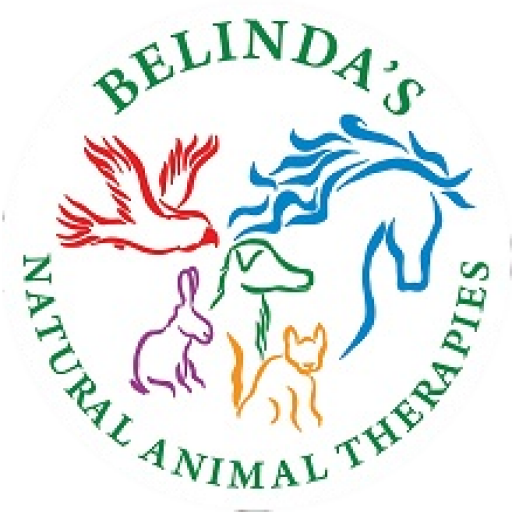For all the horse owners that have ponies or miniatures that you struggle to keep the weight off then this information is for you. With over 22 + years’ experience in owning and breeding show quality miniature ponies & horses and Welsh cobs I have learnt so much about weight management. Along with my Equine Nutrition qualifications, pasture management and focus on natural diets I would love to share my knowledge, so you do not need to spend years battling with weight control with your ponies.
Firstly, you need to look at what you are feeding now and work out where the calories are coming from and reduce where possible. Let’s take a closer look & check out the alternatives.
- Pasture – this will vary depending where you live and what type of grasses your horse is grazing on. Cool season C3 grasses (like rye grass & clover) are higher in feed quality and unfortunately sugar (fructan). Warm season and tropical grasses C4 are usually lower in sugar, but can contain oxalates.
What to feed good doers? Preferred grass & hay for good doers included Rouges grass, teff hay, lucerne hay (in moderation as its fattening), timothy hay, digest grass or some native grasses. Straw is also a option for roughage, headed ryegrass straw, barley or oaten straw (no grain) are also options so your horse has something to chew on.
When to graze? Early morning is best, 2 hours before sunrise and 2/3 hours after sunrise. Why do you ask? The sun causes the carbohydrates/sugar in the grass to rise as the plants photosynthesize during the day and are the highest late afternoon and evening. Then the plant uses these sugars up overnight for growth. If you are restricting your horses grass intake, then confining at night with low sugar hay to eat is the best.
- Hay – Is your hay low NSC? Safe hays for horses include Roges Grass, digest grass, teff hay and lucerne hay. Please note Lucerne hay is also fattening & high in protein and some horses can scour or get colic if they do not tolerate lucerne – limit the amounts for good doers. The high protein can also cause nitrate accumulations.
The quantity of hay is also important, the horse needs to consume around 1.5% to 2% (average 1.7%) of their bodyweight daily of dry feed (this includes pasture, hard feeds and hay). This is around 1.7kg per 100kg of bodyweight) For example a 500kg horse would need around 8.5kg of feed per day (dry weight). If your horse is on pasture, this intake will vary depending on the pasture quality, poor may only contrite as little as 2kg per day or good/excellent pasture can be around 11kg per day. If your horse is on little grass or no grass, then offering the hay in slow feeder nets can help spread the intake over the day/night.
- Hard feeds – What is in the feeds you are giving? Are you feeding a high calorie feeds or grains? If you have a fat or well-rounded horse or pony then you should not be feeding pellets, processed feeds, grains or molasses base feeds – yes even the ones that have the laminitis ‘tick’ on the bag. When this came out the level of NCS to qualify was 40% NSC & we now know that you need to keep the NSC under 12% if possible, & under 10% for laminitis prone horses and ponies. Check the label very carefully, if it contains fillers or ‘mill run’ or molasses / sugar or any grain then look at removing that from your ‘good doers’ diet.
What to feed? A basic diet that contains plenty of fiber (pasture, hay, chaff, quality soy, copra), correct level of protein and balanced vitamins and minerals like Belinda’s Custom Loose Lick or Belinda’s Amazing Minerals Plus. Remember to look at feeding the 1.5% of bodyweight of dry matter per day.
- Oils? These add fat to the diet and are not needed in most cases for fat horses. Except horses on no grass may need omegas.
In conclusion taking a close look at amounts and other feeds that might be contributing to your horses expanding weight. Never starve the weight off your horse, this can have dire consequences like hyperlipemia, ulcers, colic and other health issues. Exercise and movement are also important to keep the body functioning and help shift weight.
Please remember when your horse is on a ‘restricted’ diet you are offering Belinda’s Loose Lick ad-lib as your horse still needs quality vitamins and minerals to help balance a bland or basic diet. A balanced diet helps your horse’s body function correctly and contributes to a shiny coat and healthy hooves along with a healthy immune system to fight any ailments.
Belinda Atkinson – Qualified Animal Nutritionist
